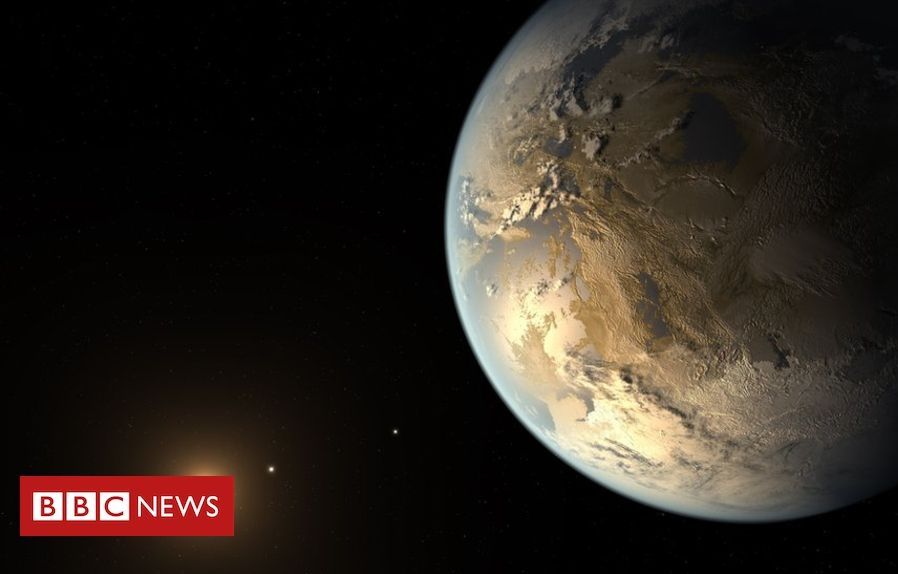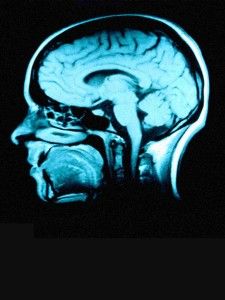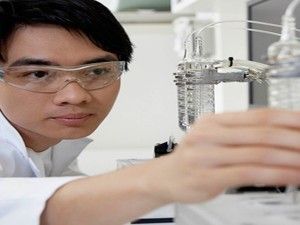Astronomy enthusiasts help to confirm the existence of a five-planet system orbiting a far-off star.






What will 2018 bring? No one knows for sure. But as we did for 2017, we asked top scientists and thought leaders in innovation what they expect to see in the new year. Here, lightly edited, are their predictions.
What scientific discoveries will 2018 bring? We asked leaders in science, technology, and innovation what they think we can expect to see in the new year.



